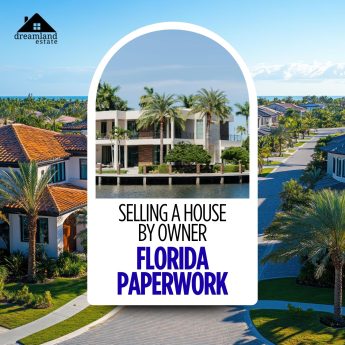Go Green In Delaware: The Ultimate Guide To Sustainable Cabins

Sustainable living has been a growing trend in recent years. People are becoming more aware of their impact on the environment and are looking for ways to reduce their carbon footprint.
For those who love being out in nature and living somewhere rustic, staying in a sustainable cabin is one way to do this. With its beautiful forests and outdoor activities, Delaware is the perfect place to experience sustainable living.
The Benefits of Sustainable Cabins
- Energy Efficiency: Sustainable cabins are designed to be energy-efficient, using features like passive solar design, high-efficiency insulation, and energy-efficient appliances to minimize energy use and reduce costs. This means that sustainable cabins require less energy to heat and cool, resulting in lower energy bills and a reduced carbon footprint.
- Water Conservation: Sustainable cabins often incorporate water-saving features like low-flow toilets, rainwater collection systems, and greywater recycling systems to minimize water use and reduce water bills. These features can also help conserve water in areas where water is scarce or expensive.
- Natural Materials: Sustainable cabins are typically constructed using natural and locally sourced materials, such as wood, stone, and clay. These materials are renewable and biodegradable, making them more sustainable than synthetic materials like plastic and aluminum.
- Health and Comfort: Sustainable cabins are often designed with the occupant’s health and comfort in mind. Features like natural ventilation, non-toxic materials, and daylighting can improve indoor air quality and create a more comfortable and healthy living environment.
- Connection to Nature: Sustainable cabins are often designed to blend in with the natural landscape, incorporating features like green roofs, living walls, and large windows that provide beautiful views of the surrounding nature. This creates a strong connection between the occupants and the natural environment, promoting a sense of well-being and reducing stress.
- Resilience: Sustainable cabins are often designed to be resilient to natural disasters like hurricanes, floods, and wildfires. Features like passive solar design, rainwater collection systems, and backup power systems can help sustain occupants in the event of an emergency.
How to Build a Sustainable Cabin

Step 1: Choose a Location
When choosing a location for your sustainable cabin, consider factors like accessibility, sunlight, and wind. You should also consider any environmental impact that the cabin may have. Consider soil space and water sources if you want to live off-grid or mostly self-sufficiently.
Step 2: Design the Cabin
When designing your sustainable cabin, consider using sustainable materials like reclaimed wood, recycled materials, and non-toxic paints. Also, consider working with a professional; they may have additional tips for sustainable living. You can also look for park model cabins for sale in Delaware and work with the providing company. A professional will know of any Delaware laws or building codes you need to satisfy.
Step 3: Use Energy-Efficient Features
Energy-efficient features like solar panels, wind turbines, and efficient appliances can help reduce the carbon footprint of your cabin.
Step 4: Install Water-Saving Features
Water-saving features like low-flow toilets, rainwater collection, and greywater systems can help reduce water waste.
Step 5: Consider the Landscape
When building a sustainable cabin, it’s important to consider the surrounding landscape. You should try to minimize environmental impact and work with the natural landscape.
Step 6: Make it Yours
Once your cabin is built and you have your sustainability plan, you can start decorating and adding furniture outdoors and in. Your cabin’s interior is all yours to customize so that your cabin is your personal paradise.
Tips for Sustainable Living
Use Renewable Energy Sources
Using renewable energy sources like solar and wind power can help reduce your carbon footprint and contribute to a healthier planet.
Reduce Water Waste
Reducing water waste through features like low-flow toilets and rainwater collection systems can help conserve natural resources.
Use Sustainable Transportation
Using sustainable transportation like bikes or electric cars can help reduce your carbon footprint and contribute to cleaner air.
Support Local Farms and Businesses
Supporting local farms and businesses can help reduce the environmental impact of food transportation and support sustainable practices.
Reduce, Reuse, Recycle
Reducing, reusing, and recycling can help reduce waste and conserve natural resources.
Turning Delaware Green
Sustainable cabins offer a unique opportunity to experience sustainable living in Delaware while minimizing your impact on the environment. By making sustainable choices, we can contribute to a healthier planet and a brighter future for future generations. So why not take the first step towards sustainable living and consider building or staying in a sustainable cabin in Delaware today?
Read Also:











Leave A Reply